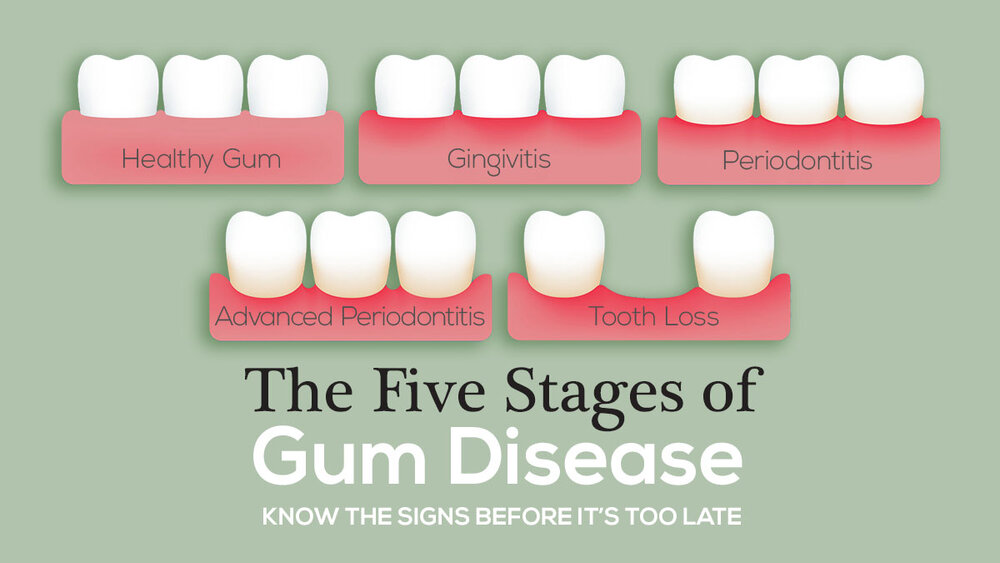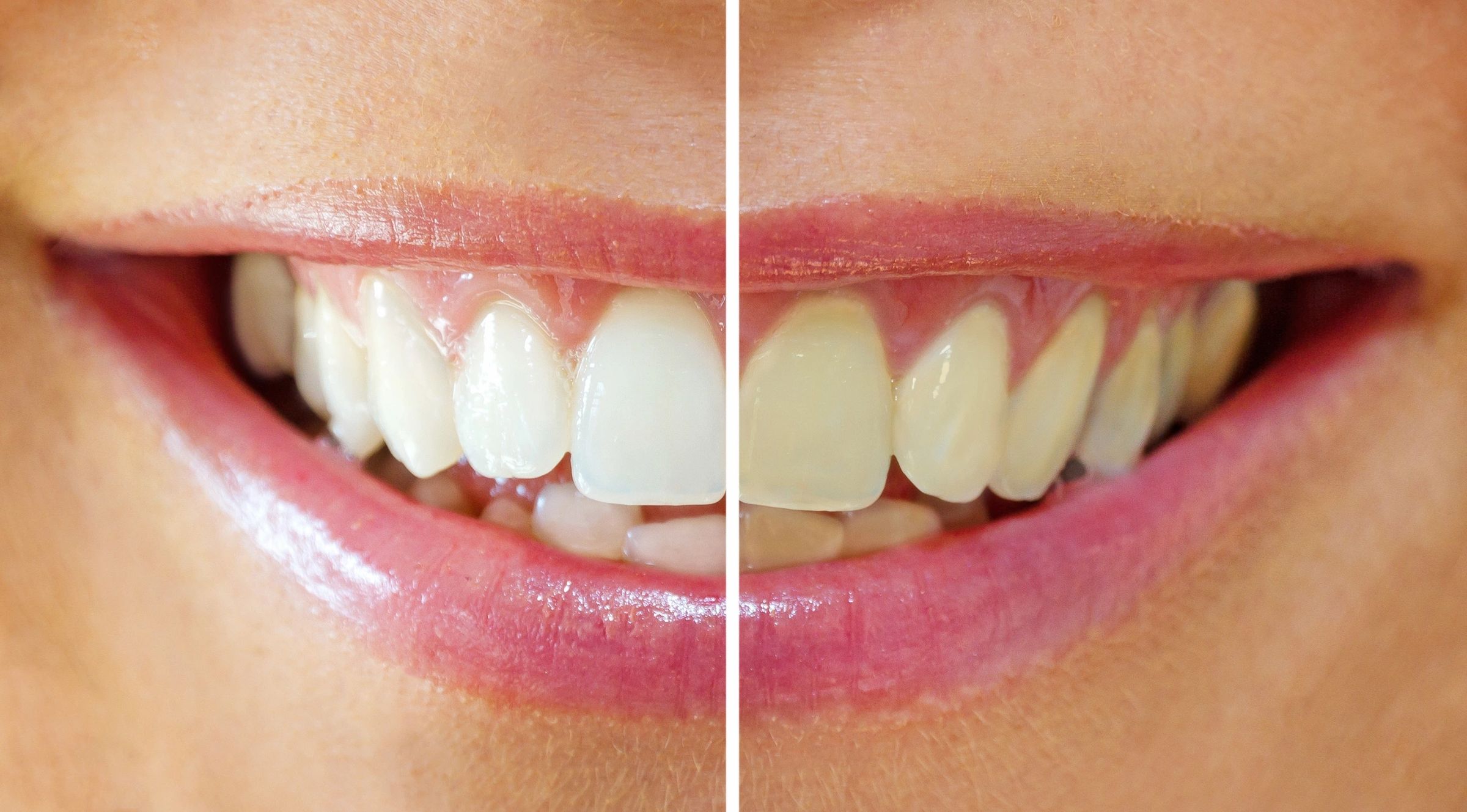There seems to be a lot of conflicting and even bad information out there regarding gum disease; what it is and what it isn’t.
For instance, many people think Gum Disease is not very common. On the contrary, gum disease is extremely common. According to the Centers for Disease Control and Prevention, half of adults age 30 and older suffer from some form of gum disease. Gum disease, an infection of the tissues that surround and support your teeth, is caused by plaque, the sticky film of bacteria that is constantly forming on our teeth. Plaque that is not removed with thorough daily brushing and cleaning between teeth can eventually harden into calculus or tartar.
Being cavity-free doesn’t ensure you are in the clear where gum disease is concerned. That’s because gum disease is painless and many people have no idea they have it. Gums that bleed easily or are red, swollen or tender is a sign of gingivitis, the earliest stage of gum disease and the only stage that is reversible. When caught early gingivitis can usually be eliminated by a professional cleaning at the dental office, followed by daily brushing and flossing.
Not so! You don’t have to lose any of your teeth to gum disease if you practice good oral hygiene. That means brushing your teeth twice a day, cleaning between your teeth daily, eating a healthy diet, and scheduling regular dental visits. Even if you are diagnosed with gum disease, your dentist can design a treatment plan to help you keep it under control.
While it’s true that some women develop a condition known as “pregnancy gingivitis,” it’s not true that everyone experiences this. You can help prevent this condition by taking extra care during your brushing and flossing routine. Your dentist may recommend more frequent cleanings to prevent this.
Persistent bad breath or a bad taste in your mouth can be an indicator of gum disease and other oral diseases so it is important that you uncover what’s causing the problem. If constantly have bad breath, make an appointment to see your dentist. Regular checkups allow your dentist to detect any problems as your bad breath may be the sign of a medical disorder. If your dentist determines that your mouth is healthy, you may be referred to your primary care physician.
Diabetes is a chronic disease which affects your body’s ability to process sugar. The resulting high blood sugar can cause problems with your eyes, nerves, kidneys, heart and other parts of your body. Diabetes can also lower your resistance to infection and can slow the healing process. If you have diabetes, you are at greater risk of developing some oral health problems, including gum disease, so it’s important that you are extra diligent with your oral health.
If you still have questions about gum disease, make sure to do a search in this website’s search bar for “Gum Disease” or ask a friendly Austin Dental Plus staff employee or doctor. We are here to help!






